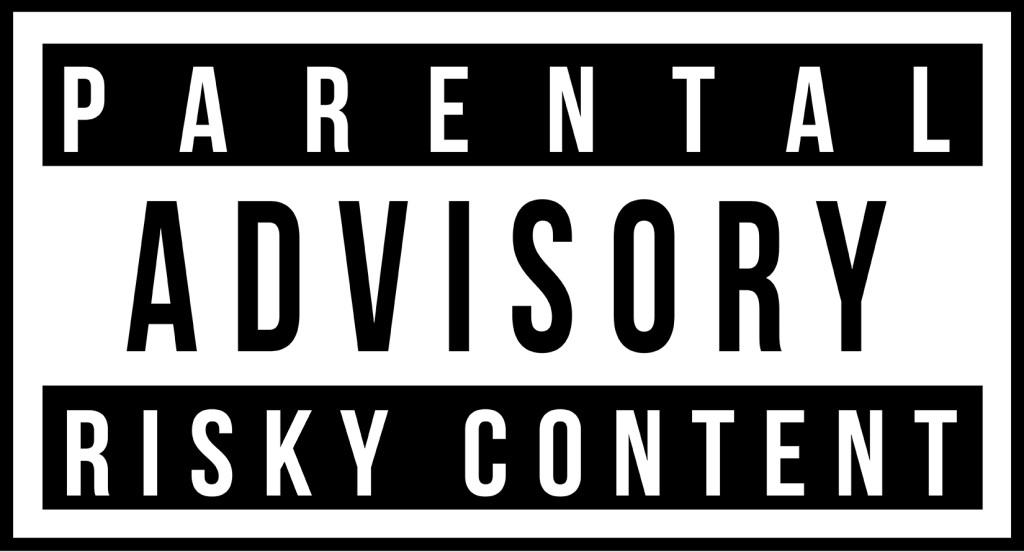08 09 2015
Can the Clichés!
They’re tried-and-true, but they’ve been around the block a few times. They’re shopworn, threadbare, and coming apart at the seams. It’s time to put them out to pasture.
Read More
02 06 2015
How to Use (and Avoid) Obscure Words
If you are someone who enjoys writing, you probably take pride in using your skill and knowledge of the language to craft a message that communicates exactly the intended point. The raw materials at your disposal—words—are not unlike those of a sculptor; some are easier to work with than others. So when you can master the harder materials—more obscure words—you might feel a special satisfaction.
Read More
17 03 2015
Is It Libel, or Just Free Speech?
It may not have escaped your notice that Americans like to sue each other. One of our great modern thinkers, “Weird Al” Yankovic, even wrote a song about it (in part: “I’ll sue ya, I’ll take all your money / I’ll sue ya, if you even look at me funny!”). One thing that really gets our litigious juices going is when someone says nasty things about us, either in speech or in print. Yes, today’s topic is libel and slander (mostly libel, though; more on the difference later). If you are a writer who writes about real people, it’s something you should keep in mind.
Read More
A time-honored practice in writing is…let’s call it “borrowing.” You see someone else’s clever turn of phrase, a few words that perfectly describe what you’re trying to convey, a zinger pun, and you decide to use it in your own writing. Maybe you change the words around to fit your situation, or maybe you don’t, but it’s just harmless borrowing, right?
But borrowing can be a bit like eating Girl Scout cookies. Just a couple, you think, or maybe a few more—dang, those Samoas are good!—and pretty soon the whole box is gone.
Read More
Do you engage in risky writing? Or, more to the point, should you?
I’m not talking about Charlie Hebdo-style cartoons, or even the kind of novel that forced Salman Rushdie into hiding for years. I’m talking about garden-variety edginess for rhetorical effect: strong language, subtle references to sex, drugs, alcohol, bodily functions, taboos of various kinds… you get the idea. Where do you draw the line? How far (and how often) do you cross over it before a little bit becomes too much?
Read More
The Internet abounds with examples of “Engrish”—signs, menus, and other writing, poorly translated into English. For example:
- “Carefully slip and fall down.”
- “Please present your octopus.”
- “If you are stolen, call the police at once.”
Although English speakers find these amusing, did you ever stop to think that it works both ways—that non-English speakers might get a laugh from writing that is poorly translated from English? I’ll spare you the suspense: Yes.







